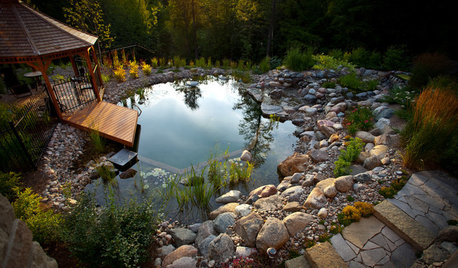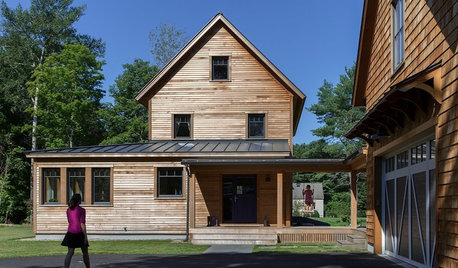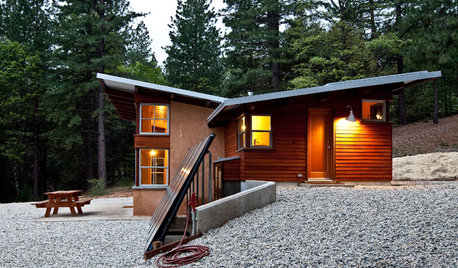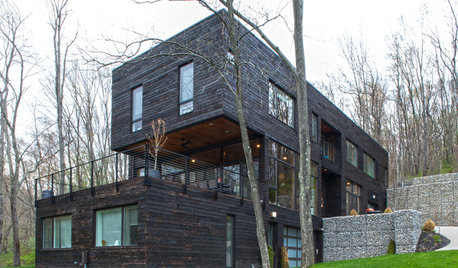converting natural gas heater to propane?
utluckly
17 years ago
Featured Answer
Comments (19)
Karen Pease
17 years agoclavero
17 years agoRelated Professionals
Canton Landscape Architects & Landscape Designers · Elwood Landscape Architects & Landscape Designers · Middle Island Landscape Architects & Landscape Designers · Bell Gardens Landscape Contractors · Boca Raton Landscape Contractors · Merced Landscape Contractors · Mercedes Landscape Contractors · Newberg Landscape Contractors · Riverhead Landscape Contractors · South Lake Tahoe Landscape Contractors · Weslaco Landscape Contractors · West Covina Landscape Contractors · San Pablo Landscape Contractors · Dana Point Solar Energy Systems · Homer Glen Solar Energy Systemsnathanhurst
17 years agomarquisella
17 years agojunkmanme
17 years agoorchiddude
17 years agomollyd
17 years agonathanhurst
17 years agoweebus
17 years agomollyd
17 years agobirdwidow
17 years agoutluckly
17 years agoorchiddude
17 years agotrigger_m
17 years agonitroscott
16 years agostressbaby
16 years agobama35640
16 years agocalliope
16 years ago
Related Stories

LIVING ROOMSHow to Convert Your Wood-Burning Fireplace
Learn about inserts and other options for switching your fireplace from wood to gas or electric
Full Story
GREAT HOME PROJECTSHow to Switch to a Tankless Water Heater
New project for a new year: Swap your conventional heater for an energy-saving model — and don’t be fooled by misinformation
Full Story
LANDSCAPE DESIGNNatural Swimming Pools: More Beauty, No Chemicals
Keep your skin and the environment healthy with a pool that cleans itself, naturally
Full Story
FARMHOUSESA Home Designed to Sustain Family, Community and Nature
This new Massachusetts farmhouse produces more energy than it uses, thanks to careful design practices and technology
Full Story
GREAT HOME PROJECTSHow to Add a Solar Water Heater
Lower energy bills without a major renovation by putting the sun to work heating your home’s water
Full Story
HOUZZ TOURSMy Houzz: Modernism Takes a Natural Turn in Pennsylvania
Generous wood throughout and woodsy sights outdoors soften and warm this home’s modern lines
Full Story
REMODELING GUIDESClean-Burning Woodstoves Ignite a Greener Heating Trend
No need to rely on oil or gas to heat your home — new woodstove designs burn cleanly and are beautiful to boot
Full Story
GREEN BUILDINGEasy Ways to Save Money on Energy Bills This Winter
Simple changes can cut down your electric and gas bills as the days get colder
Full Story
FIREPLACESRibbons of Fire: 10 Artfully Minimalist Fireplaces
Long and lean and sleek to the core, these gas-burning fireplaces make a powerful contemporary statement
Full StoryMore Discussions








orchiddude